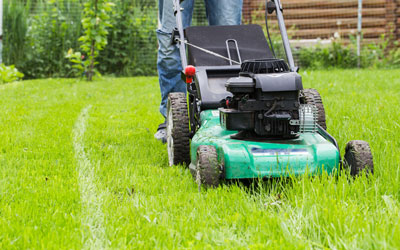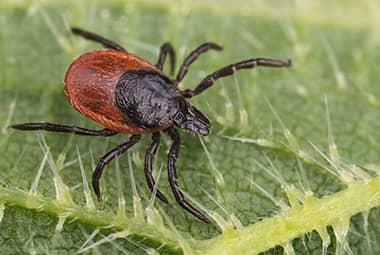Nobody likes encountering ticks. They are tiny, they are sneaky, and they are hungry for blood. Not only can ticks make your dog itchy, but they can also make them seriously ill. Ticks are not just a pain in the neck—they are a pain in the whole body! They can transmit diseases that weaken your furry friend and even kill them. It is more than enough reason you must not let your canine companion become a tick’s next victim.
You cherish your dog and want them to live a long, healthy life. But you also want them to have fun outside and explore the world. How can you balance these two goals? How can you keep ticks off your dog without locking them up indoors?
Tick Prevention Tips
Here are some simple and natural tips for flea and tick prevention for dogs. These tips will help you protect your dog from these nasty critters without using harsh chemicals.
Check Your Dog for Ticks Daily
Do not let those pesky ticks ruin your dog’s day! Check them for ticks daily, especially after playing in the woods or grass. Use your fingers to feel for any bumps or lumps on their skin. Look carefully at their ears, neck, belly, and legs. If you find a tick, do not be a wimp. Grab some tweezers or a tick remover tool and pull it out gently. Do not squeeze or twist, or you will leave part of the tick in your dog’s skin. Flush the tick down the toilet or put it in alcohol.
Stay Away From Tick Hotspots
Ticks love to hide in tall grass, bushes, and leaf litter. They wait for a host to pass by and then jump on them. So, try to keep your dog away from these areas when you go for a walk or a hike. Stick to well-maintained trails and paths. You can also mow your lawn regularly and clear any debris from your yard.
Bathe Your Dog Often
Use a mild shampoo safe for dogs, and rinse them well. You can also add some lemon juice or apple cider vinegar to the water. These ingredients can help to repel ticks and other pests.
Buy a Dog Vest
A dog vest is a protective garment that covers your dog’s chest and back. It can prevent ticks from biting your dog in these areas. Permethrin, a chemical that kills ticks on contact, also treats some dog vests. You can find dog vests online or at pet stores, or ask your veterinarian about good options for your pet.
Talk to Your Vet
Finally, it would be best to talk to your vet about flea and tick prevention for dogs. Your vet can recommend the best products and methods for your dog’s needs. Many options, such as collars, sprays, drops, pills, and vaccines, are available.
Call Russell’s Pest Control
Even if you take all the necessary precautions, there is still a chance that ticks may find their way onto your property. If that is the case, call Russell’s Pest Control for help. Russell’s Pest Control is a family-owned and operated business serving East Tennessee since 1971. They have the experience and expertise to handle any pest issue you may have.
Russell’s Pest Control offers comprehensive pest control services for residential and commercial customers. Using safe and effective methods, they can eliminate ticks and other pests from your home or business. They also offer free inspections, estimates, and a 100% satisfaction guarantee.
Do not let ticks ruin your day or harm your dog’s health. Call Russell’s Pest Control today and say goodbye to those pesky parasites.
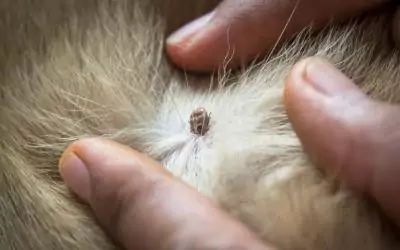
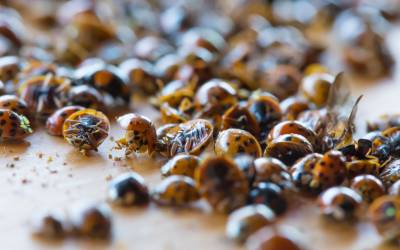
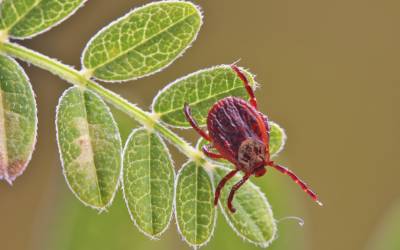

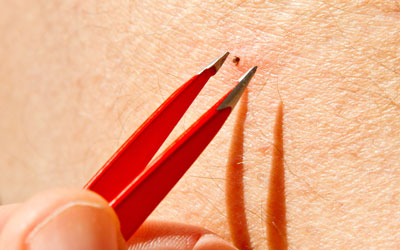
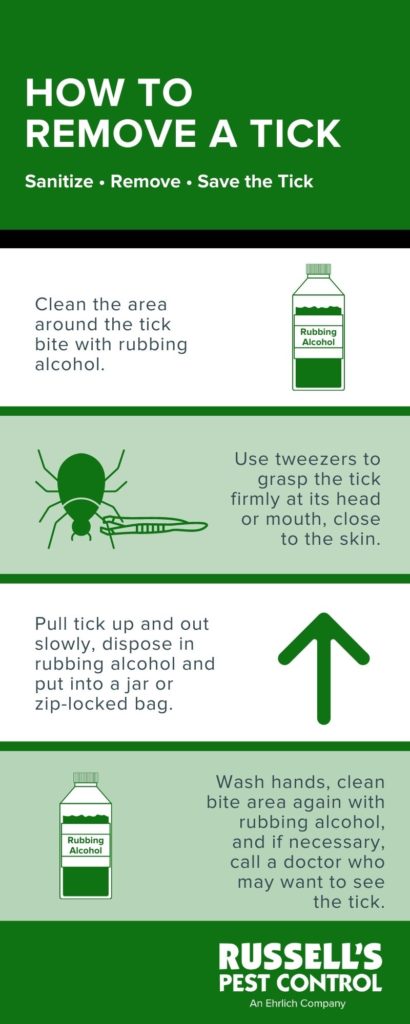 Steps For Safe Tick Removal
Steps For Safe Tick Removal